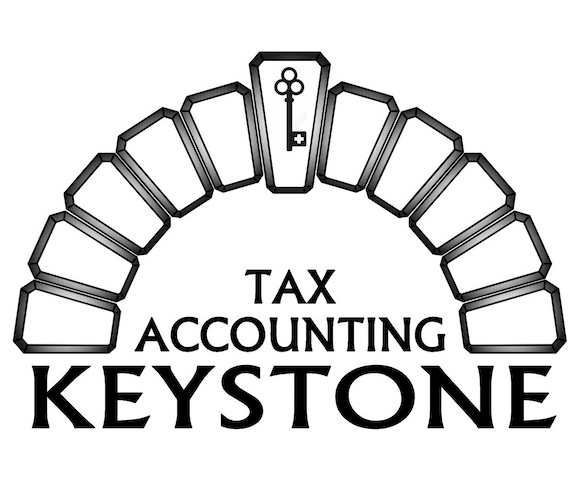With less than three months remaining in the calendar year, now is a good time to double check your taxable income and see if you can minimize your tax bill before it’s too late.
- Boost your retirement savings – Many employers let you defer a portion of your salary and contribute it to a tax-deferred retirement account. These accounts are called 401(K) plans. For some other employers, such as universities, a similar plan that is called a 403(B) plan is available. If you have income from wages or self-employment income, you can defer your income by contributing it to a traditional or a Roth IRA. Also, you may be able to contribute to a spousal IRA if your spouse has little or no earned income.
- If your employer has a Flexible Spending Account (FSAs) or Health Spending Account (HSAs), take advantage of it!
- Combine your itemized deductions – certain itemized deductions are deductible if they exceed a certain level. It might be advantageous to delay payments in year 1 and prepay them in year 2 to combine these expenses. If you do it, you’ll have better chances of getting a deduction.
- Consider investing into tax-exempt municipal bonds
- Give appreciated assets to charity
- Keep track of mileage driven for medical/charitable purposes
If you are self-employed:
- Hire your child – if your child is under 18, he is not subject to employment taxes such as FICA and FUTA from your unincorporated business. In addition, your child may be able to contribute to an IRA account using earned income. This will decrease your income for both income and employment tax purposes, and shift assets to the child at the same time. Please note that you can’t hire a child who is under 8 years old
- Setting up and contributing to a retirement plan – if you have your own business, consider setting up and contributing as much as possible to a retirement plan
- Special deductions and tax credits – self-employed individuals can deduct 100% of their health insurance premiums as business expenses. If you provide health care to your employees, you may be able to benefit from the small business health care tax credit. Also, you may be able to expense up to $510,000 in 2017 for qualified equipment purchases for use in your business instead of depreciating it over many years. Finally, if you use a car for your business, you may be able to deduct 53.5 cents per business mile driven in 2017.

Recent Comments